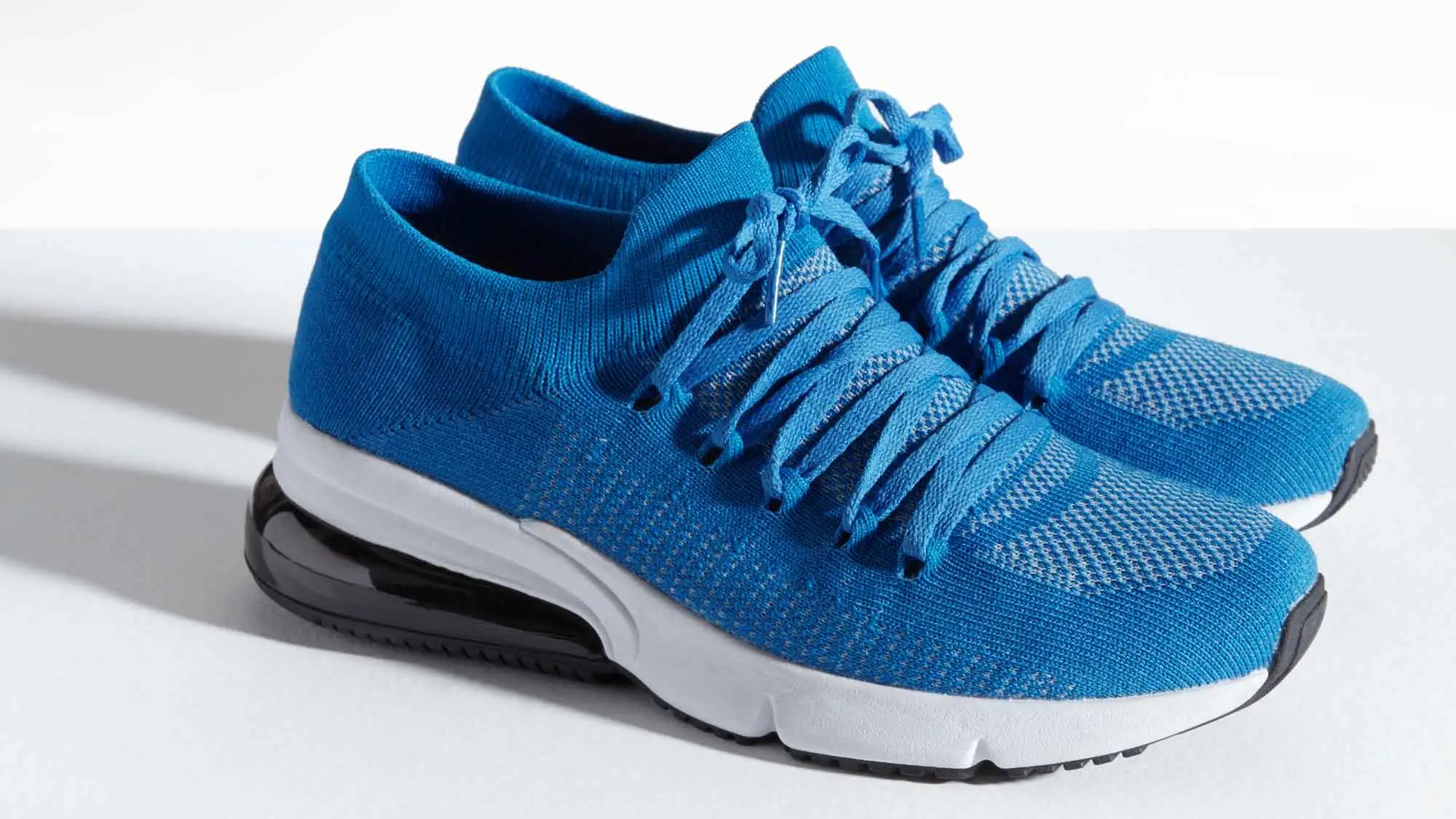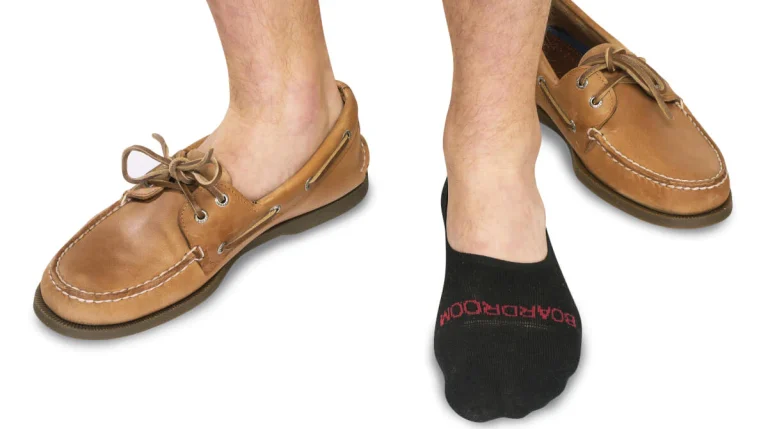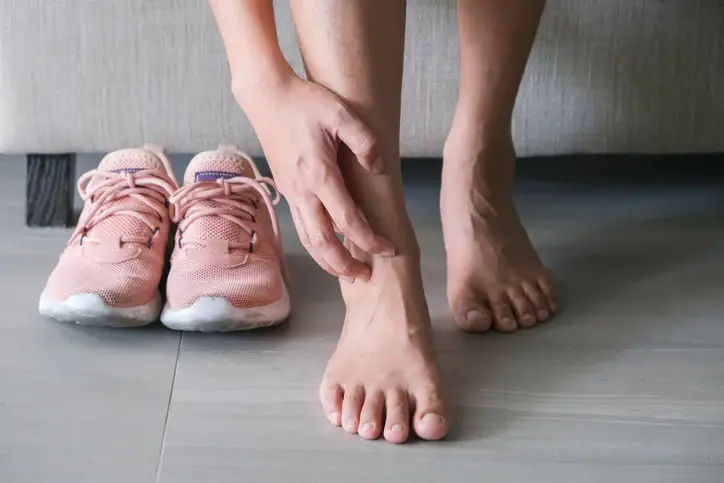How To Clean Wool Shoes?
Cleaning shoes requires a gentle approach to avoid damaging the delicate fibers. Start by removing any loose dirt or debris by gently brushing the shoes with a soft-bristled brush. Next, mix a small amount of mild detergent with water and use a clean cloth or sponge to spot any stains or soiled areas. In this blog post, I will teach you how to clean wool shoes?
Avoid soaking the shoes in water to prevent shrinking or distortion. After spot cleaning, rinse the cloth or sponge and wipe away any soapy residue. Finally, stuff the shoes with a newspaper or a shoe tree to help them retain their shape and allow them to air dry in a well-ventilated area away from direct heat sources.
What Is Wool Shoes?
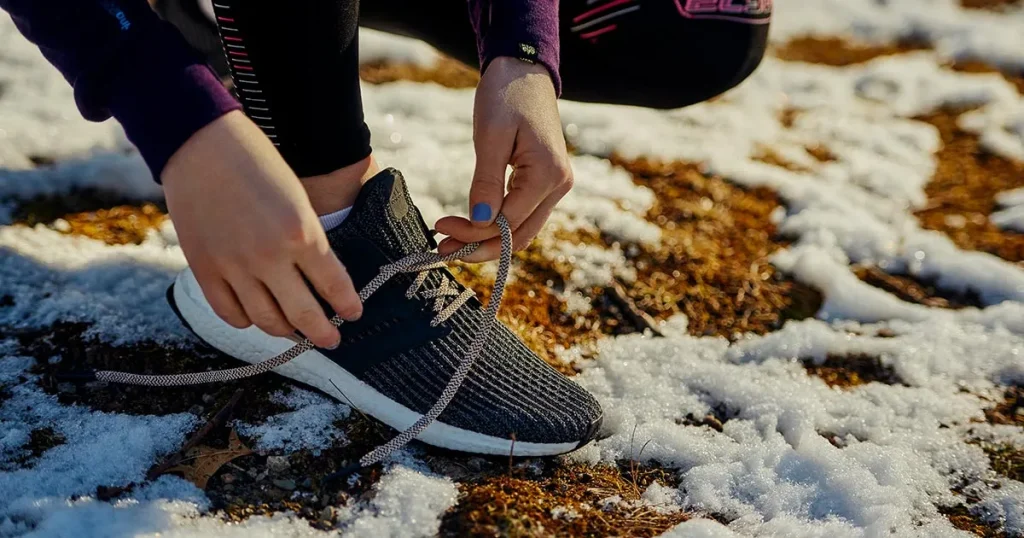
Wool shoes are footwear made primarily from wool fibers. They are known for their warmth, comfort, and breathability.
Wool is a natural material that has excellent insulation properties, keeping the feet warm in cold weather and cool in hot weather.
These shoes are often designed with a combination of wool and other materials, such as leather or synthetic fibers, to enhance durability and provide additional support.
They are popular for outdoor activities, casual wear, and as a sustainable alternative to synthetic shoes.
Read More: How To Get Water Stains Out Of Leather Shoes?
Read More: How Often Polish Leather Shoes?
How To Clean Wool Shoes?
How to wash wool shoes? follow these steps:
Remove excess dirt, insoles, and laces
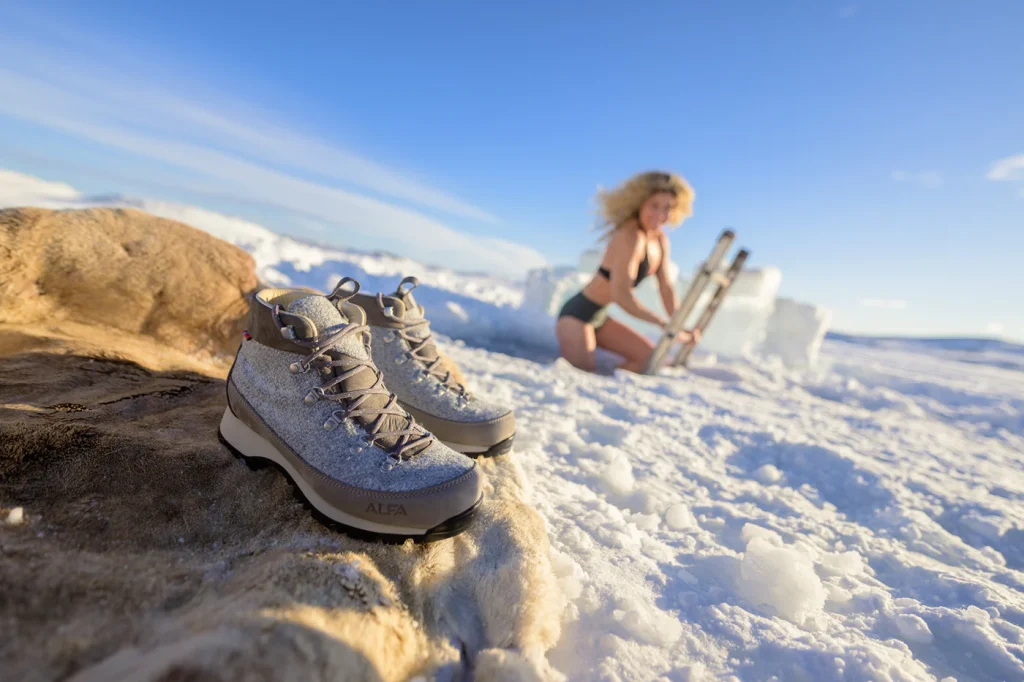
Before cleaning wool shoes, it’s important to remove excess dirt, insoles, and laces Here’s how:
By removing excess dirt, insoles, and laces, you’ll have a clean canvas to work with when it comes to cleaning the wool shoes.
Use Wool Wash
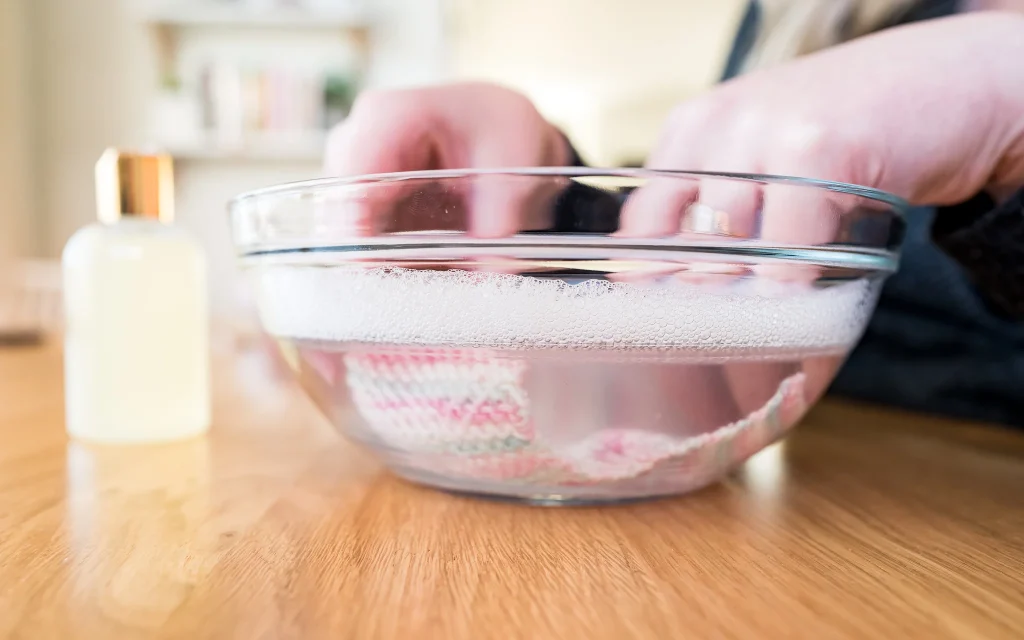
Wool wash is a specialized detergent designed specifically for washing wool and other delicate fabrics.
It is formulated to gently clean and care for wool fibers, helping to maintain their softness and shape.
Wool wash typically has a pH-neutral or slightly acidic formula to prevent damage to the wool.
It is important to follow the instructions on the wool wash product for the best results.
Machine Washing
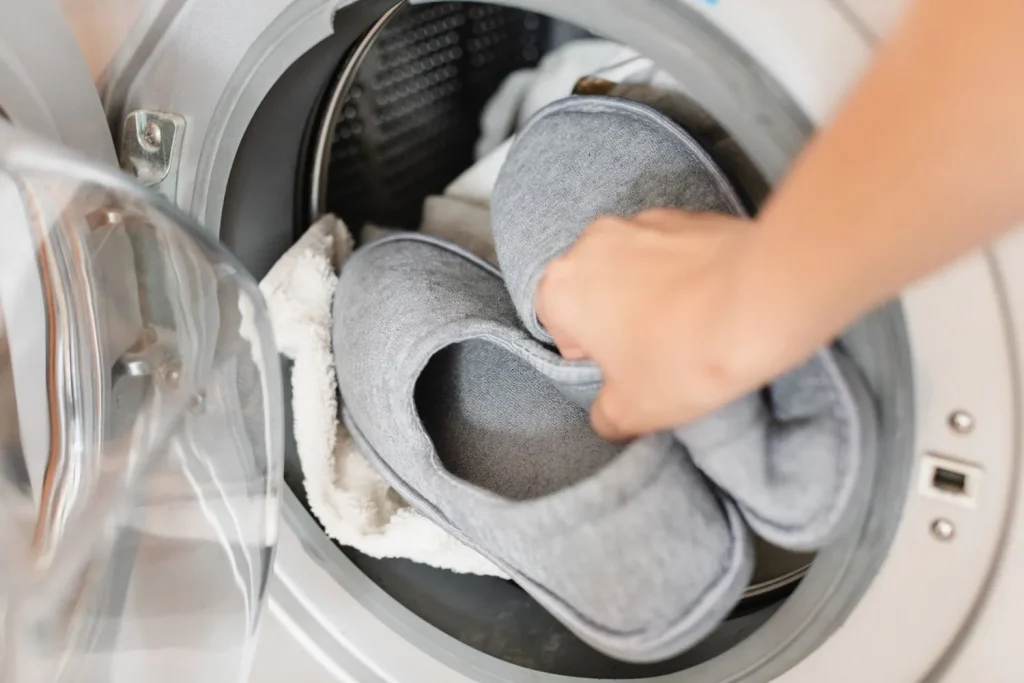
When it comes to machine washing wool, it’s important to exercise caution as wool is a delicate fabric that can easily shrink or become damaged if not handled properly.
Here are some general guidelines for machine-washing wool:
1) Check the care label
Always refer to the care label on your wool garment for specific washing instructions. Some wool items may be labeled as machine washable, while others may require hand washing.
2) Use a gentle cycle
If your wool garment is machine washable, select a gentle or delicate cycle on your washing machine. This will help minimize agitation and reduce the risk of damage to the wool fibers.
3) Use cold water
Wool should be washed in cold water to prevent shrinking and color fading. Hot water can cause wool to feel or shrink, so it’s best to avoid it.
4) Use a wool detergent
Choose a mild detergent specifically formulated for wool or use a wool wash product.
These detergents are designed to be gentle on wool fibers and help maintain their softness and shape.
5) Turn garments inside out
To protect the outer surface of your wool garments, turn them inside out before placing them in the washing machine.
6) Use a laundry bag
Consider placing your wool items in a mesh laundry bag to provide an extra layer of protection during the wash cycle.
7) Avoid excessive agitation
Minimize the agitation of the washing machine by selecting a gentle cycle and avoiding heavy items that can cause excessive movement.
8) Air dry flat
After washing, reshape your wool garments and lay them flat to dry. Avoid hanging them, as this can cause stretching or distortion.
Remember, these are general guidelines, and it’s always best to refer to the care instructions provided by the manufacturer or consult a professional cleaner if you’re unsure about machine washing your wool item.
Hand Wash Your Insole
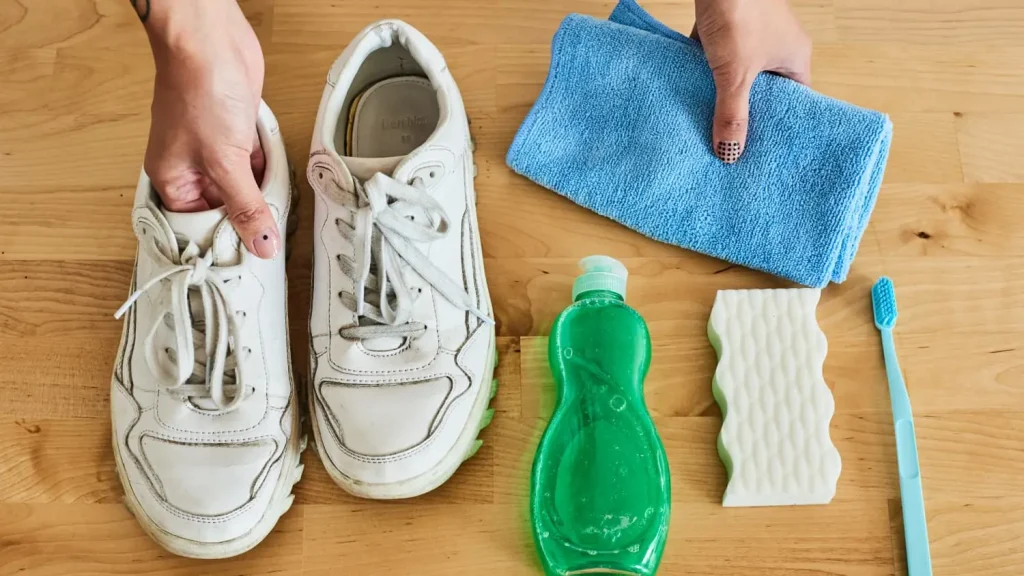
To hand-wash your insoles, you can follow these steps:
1) Remove the insoles from your shoes
Take out the insoles from your shoes before washing them. This will allow you to clean them more effectively.
2) Fill a basin or sink with lukewarm water
Fill a basin or sink with lukewarm water. Avoid using hot water, as it can damage the materials of the insoles.
3) Add a mild detergent
Add a small amount of mild detergent or a specialized insole cleaner to the water. Make sure to use a gentle detergent that won’t be too harsh on the insoles.
4) Gently agitate the insoles
Place the insoles in the soapy water and gently agitate them with your hands. You can lightly scrub any soiled areas with a soft brush or cloth.
5) Rinse thoroughly
After washing, rinse the insoles under cool running water to remove any soap residue. Make sure to rinse them well to ensure all the detergent is removed.
6) Squeeze out excess water
Gently squeeze the insoles to remove excess water. Avoid wringing or twisting them, as this can damage the materials.
7) Air dry
Place the insoles in a well-ventilated area to air dry. Avoid exposing them to direct sunlight or heat sources, as this can cause shrinkage or deformation. It may take a few hours for the insoles to fully dry.
8) Reinsert the insoles
Once the insoles are completely dry, reinsert them into your shoes.
Remember, these instructions are general guidelines, and it’s always a good idea to check the care instructions provided by the manufacturer for specific recommendations on cleaning your insoles.
Air Dryer Your Shoes
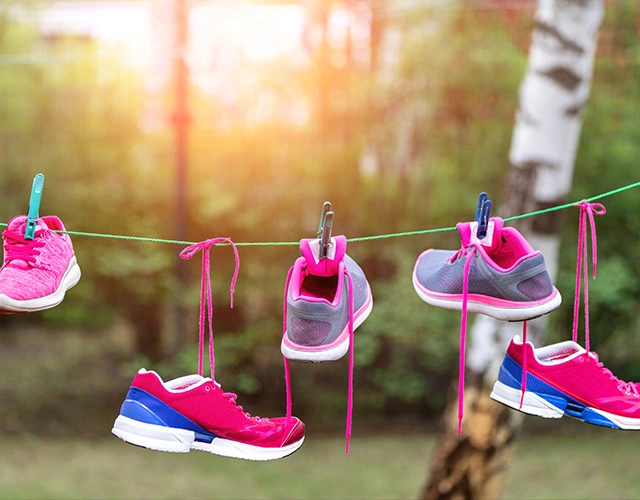
Air drying your shoes is a recommended method to dry them after they get wet or damp.
Here’s how you can air-dry your shoes:
1) Remove any excess moisture
If your shoes are wet, use a clean cloth or paper towel to gently blot and absorb as much moisture as possible from the surface and interior of the shoes.
2) Remove the insoles (if possible)
If your shoes have removable insoles, take them out to allow better airflow and faster drying. You can follow the steps mentioned earlier to hand-wash and air-dry the insoles separately.
3) Stuff the shoes with absorbent materials
To help speed up the drying process and maintain the shape of your shoes, stuff them with crumpled newspaper, paper towels, or clean dry cloths. These materials will absorb moisture from the shoes.
4) Find a well-ventilated area
Place your shoes in a well-ventilated area with good air circulation. Avoid direct sunlight or heat sources, as they can cause the shoes to warp, shrink, or lose their shape.
5) Allow sufficient drying time
Depending on the level of moisture and the materials of your shoes, it may take several hours or even a day or two for them to fully dry. Be patient and give them enough time to air dry naturally.
6) Check for dryness
After a few hours, check the shoes for dryness. If they still feel damp, replace the absorbent materials inside and continue air drying until they are completely dry.
7) Important Note
Some shoes such as those made of leather or suede, may require additional care or specific drying methods. Always refer to the manufacturer’s instructions or consult a professional if you have any concerns about drying specific types of shoes.
Reinsert the insoles
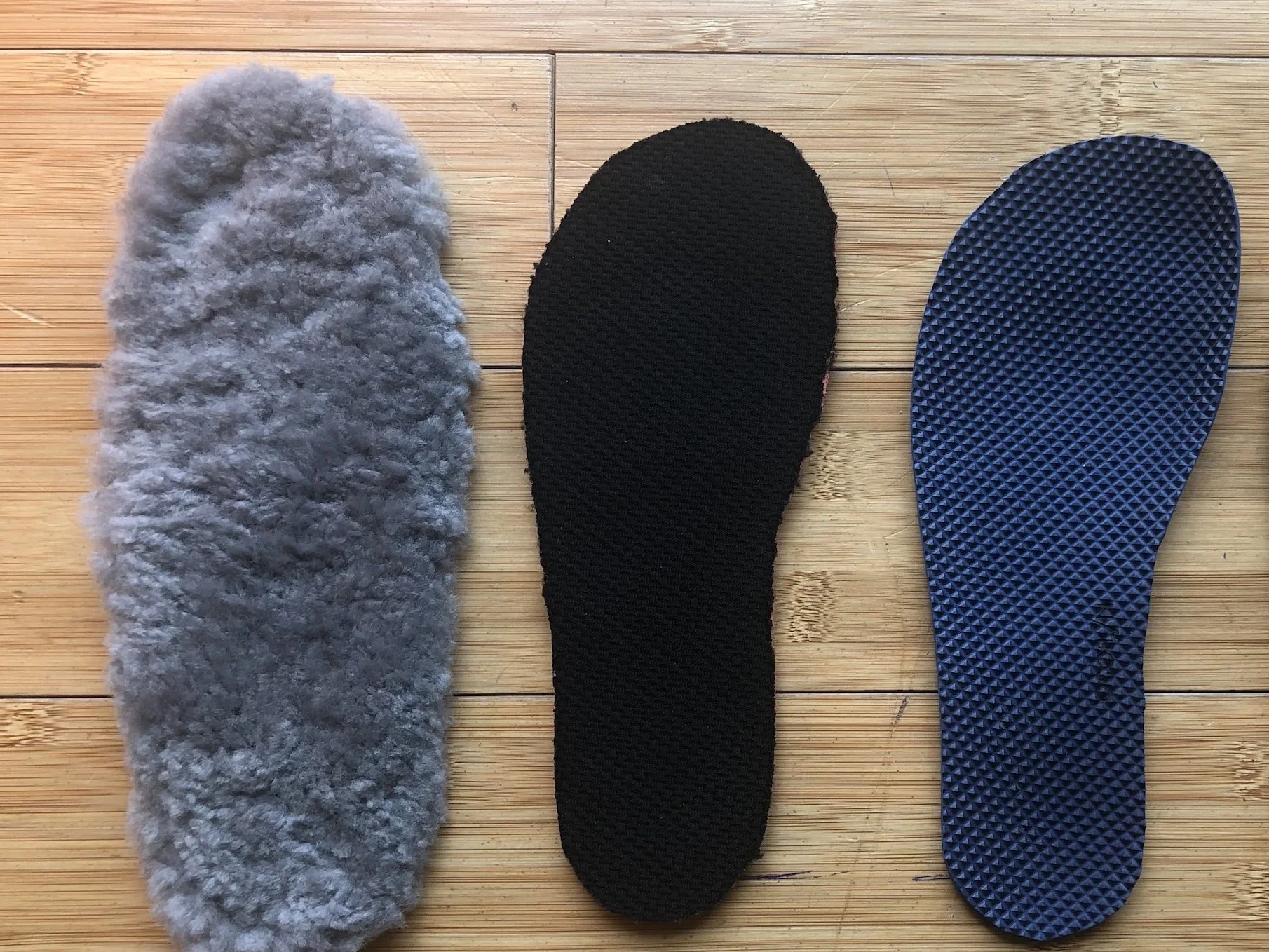
After your shoes and insoles are completely dry, you can reinsert the insoles by following these steps:
1) Ensure the insoles are clean and dry
Before reinserting the insoles, make sure they are completely dry and free from any dirt or debris.
2) Orient the insoles correctly
Check the shape and design of the insoles to ensure they are oriented correctly. Most insoles have a specific shape or arch support that should align with the contours of your feet.
3) Align the insoles with the shoe
Place the insoles inside the shoes, aligning them with the heel and toe areas. Make sure they fit snugly and lie flat against the bottom of the shoe.
4) Press down to secure
Press down on the insoles to ensure they are properly secured and in place. They should feel comfortable and not shift or move around when you walk.
5) Test for comfort
Put on the shoes with the reinserted insoles and walk around to ensure they provide the desired level of comfort and support. If necessary, you can make minor adjustments to the positioning of the insoles for a better fit.
Conclusion
Cleaning wool shoes requires a gentle approach to avoid damaging the delicate fibers. Start by removing any loose dirt or debris with a soft brush or cloth. Use a mild detergent or wool-specific cleaner mixed with water to spot-clean any stains.
Gently scrub the affected areas and rinse with clean water. Avoid soaking the shoes or using harsh chemicals. After cleaning, reshape the shoes and let them air dry away from direct heat sources.

